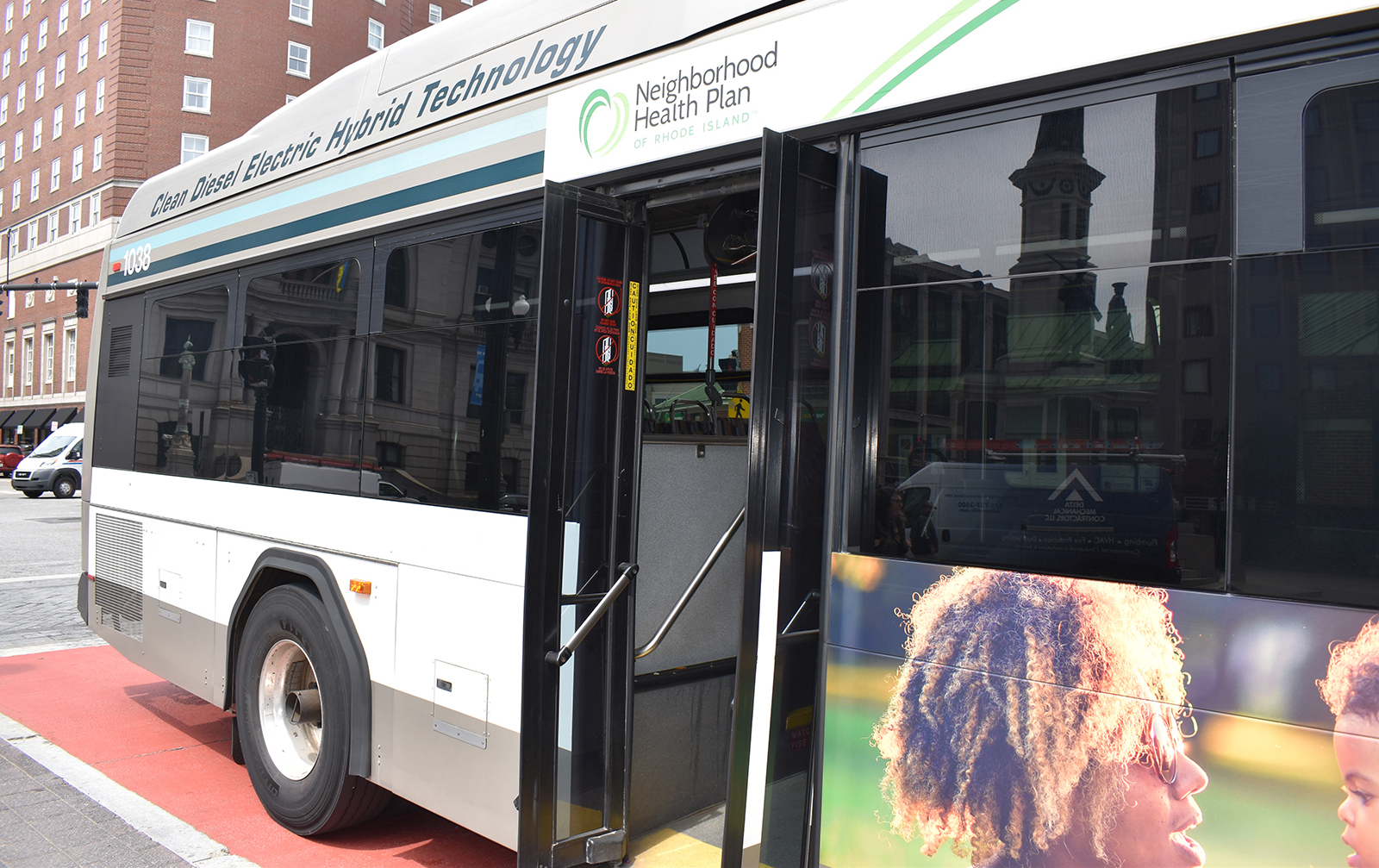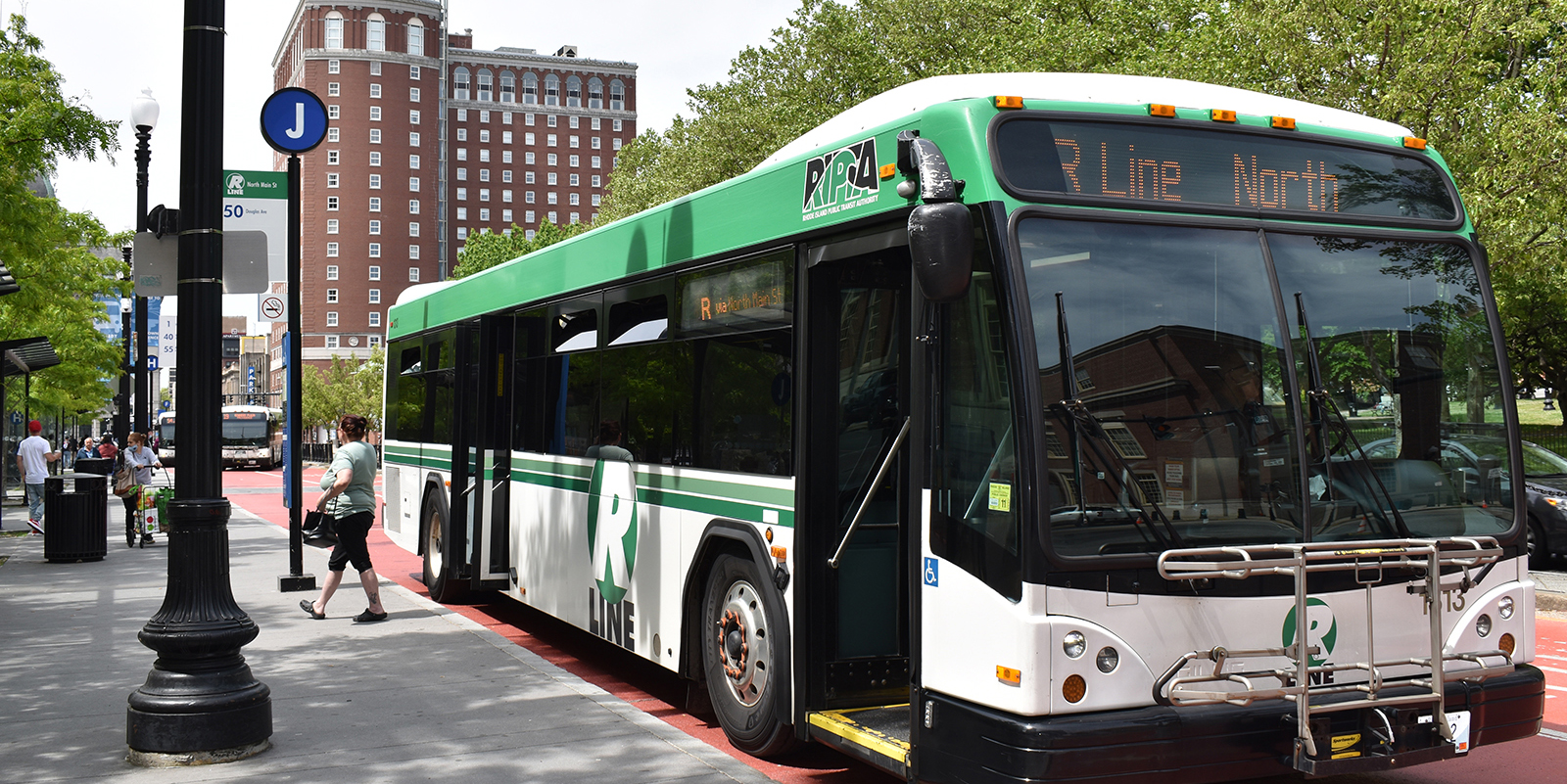Rhode Island Fills Up at State’s First Hydrogen Station
October 5, 2017
PROVIDENCE — Rhode Island’s first hydrogen filling station has been installed in a corner of the Stop & Shop parking lot on Branch Avenue. Although none of the vehicles in the shopping center during a recent ecoRI News visit appeared to run on compressed hydrogen or electricity, the fuel depot may be an early sign of major change in what we drive.
The fuel station, close to Interstate 95, is one of 12 across New York and New England built by French energy company Air Liquide. The stations are financed through a joint venture with Toyota. Toyota is one of the few car-makers to offer a hydrogen fuel-cell vehicle, with its Mirai sedan.
A fuel cell produces electricity by combining hydrogen with oxygen, which is drawn from the air. The electricity generated powers an engine. Water is the only byproduct. Hydrogen electric vehicles are considered one of the least polluting on the road. However, hydrogen is typically produced by burning natural gas. Even with those fossil-fuel emissions, hydrogen is still considered about 30 percent less polluting than a conventional gas-powered vehicle. Here’s a story about the environmental tradeoffs.
A fill-up takes about 5 minutes, and a full tank has a 300-mile range. By comparison, the all-electric Chevy Bolt sedan has a range of 238 miles per charge.
Hydrogen fuel-cell vehicles are offered by Toyota, Hyundai and Honda. General Motors announced Oct. 3 that it plans to launch 20 all-electric and hydrogen fuel-cell vehicles by 2023. Ford is also expected to produce a hydrogen-fueled vehicle. It’s unlikely that these vehicles will be common in the United States right away, as Toyota plans to build only 3,000 Mirai this year. Much of the demand for zero-emission vehicles, or ZEVs, is being driven by China, which is planning to phase out gas-powered vehicles. The Netherlands, India, Scotland, France, and Norway have set dates to end the sale of vehicles powered by internal-combustion engines. California is also considering a phase-out of gas vehicles.
Rhode Island is part of an eight-state coalition with a goal of getting 3.3 million ZEVs on the road by 2025. Many of these states, including Rhode Island, must electrify their entire transportation sector to meet long-term reductions in greenhouse-gas emissions.



